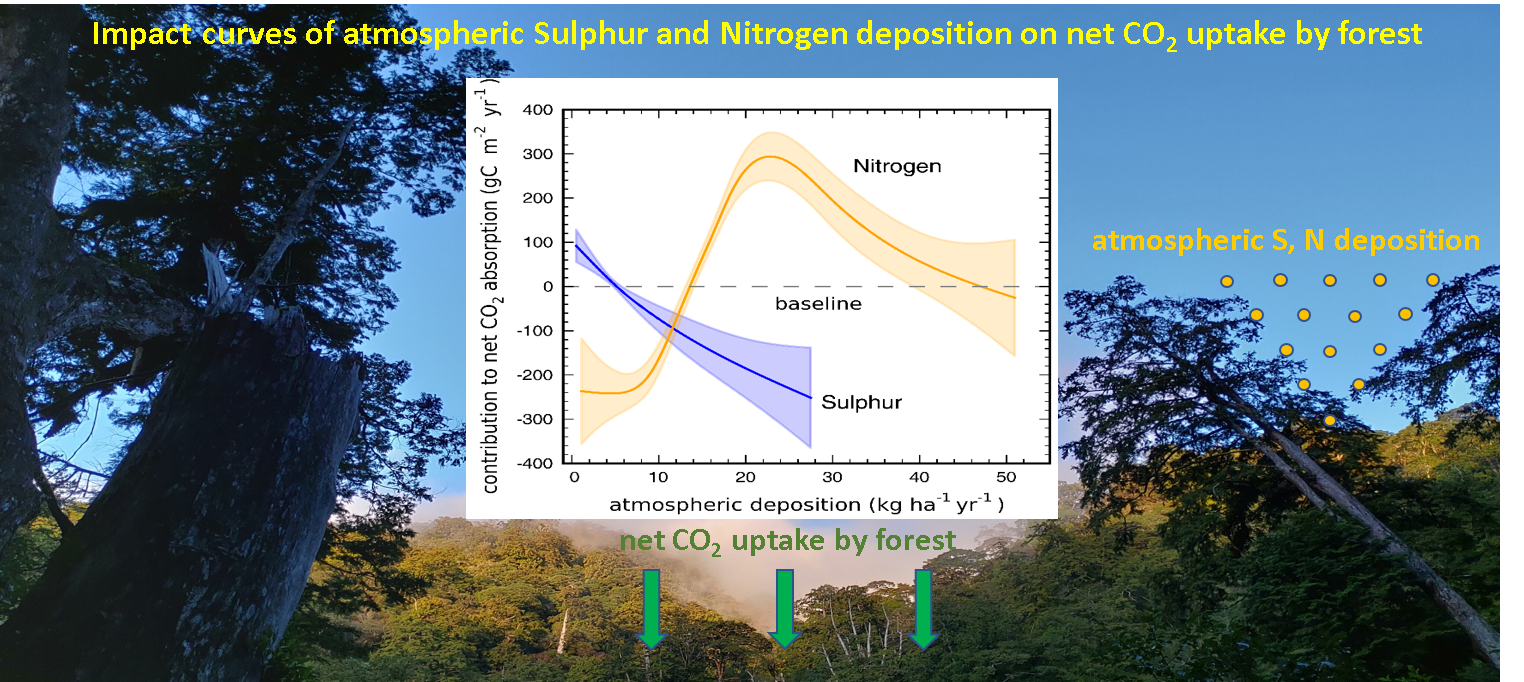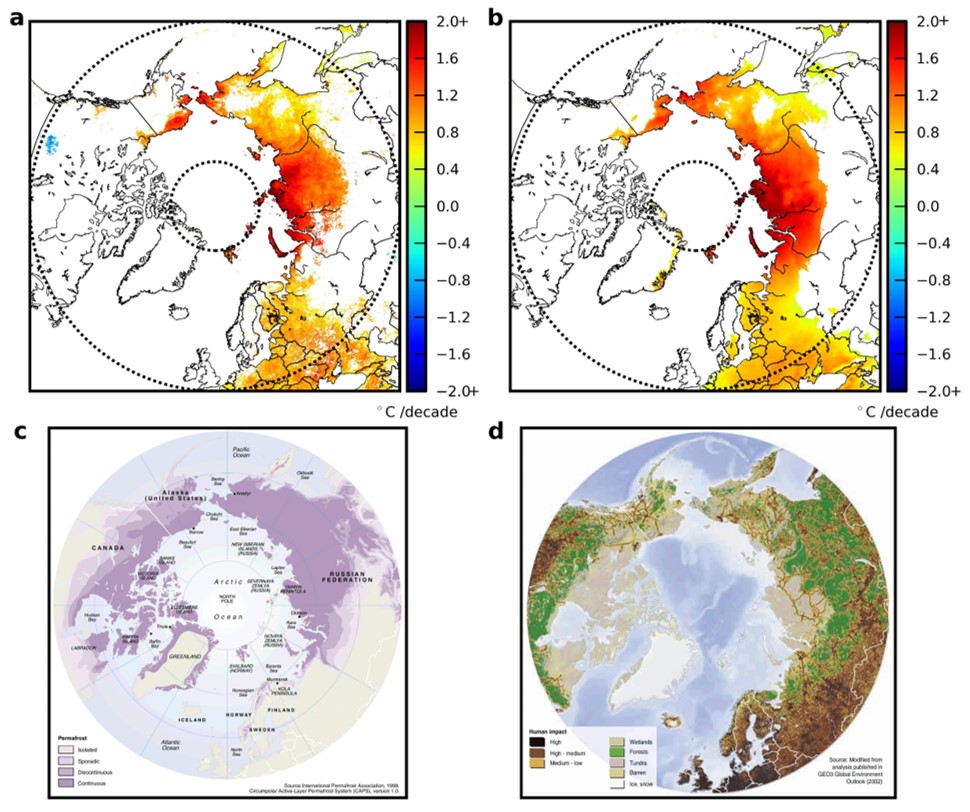I am glad to have the opportunity to join CBA in September 2019. I was born in Taipei, Taiwan. I received my bachelor’s and master’s degrees in Physics from National Taiwan University, and a Ph.D. degree in Physics from the University of Wisconsin-Madison, USA. My research field was experimental astroparticle physics (neutrino).
Later I changed my field from physics to environmental sciences, believing it is closer to the real world. I am in particular interested in the research related to climate change.
Here in CBA, one of my studies was to establish an empirical model that predicts carbon uptake of forests (i.e., the Net Ecosystem Production, NEP). It has been achieved by disentangling the effects of seven natural and anthropogenic drivers on forest carbon uptake, using in-situ measured FLUXNET data across Europe (including air temperature, precipitation, solar radiation, soil texture, and forest plant functional type), modelled sulphur and nitrogen deposition data from EMEP, and multivariate nonlinear regression technique GAMs.
The results show that S and N deposition have substantial impacts on NEP, where S deposition above 5 kg S ha−1 yr−1 can significantly reduce NEP, and N deposition around 22 kg N ha−1 yr−1 has the highest positive effect on NEP. It is suggested that air quality management of S and N is crucial for maintaining healthy biogeochemical functions of forests to mitigate climate change. Furthermore, the empirical models developed in this study for estimating NEP of forests can serve as a forest management tool in the context of climate change mitigation. Potential applications include the evaluation of forest carbon fluxes in the REDD+ framework of the UNFCCC. The results have been publushed in Science of The Total Environment in 2022, doi: 10.1016/j.scitotenv.2022.156326:

My other study was to evaluate global and regional land surface temperature rate of change in the past decades, using MODIS remote sensing data and ECMWF ERA5-Land reanalysis data, both with fine resolution and global coverage. Warming trends were examined in global, continental, and pixel scales with p-values for significance. The results indicate that continents and large regions were warming at substantially different rates, with the Arctic, Europe, and Russia being the fastest warming regions around the globe. In addition, with ERA5-Land data, comparison between temperature change rates of different time periods reveals that the warming rates in the Arctic and in most of the continents were accelerating during the 40-yr period 1981-2020.
Geographically, the fastest warming land on Earth during 2001-2020 was found to coincide, in general, with the regions of tundra biota and Arctic permafrost in the circumpolar regions. The very high warming rates signal the acceleration of Arctic permafrost thaw and thus the deterioration of climate change in the onset of the 21st century. The results have been publushed in Remote Sensing of Environment in 2022, doi: 10.1016/j.rse.2022.113181:

My ongoing study is the estimation of rate of change of diurnal temperature range (DTR) by land cover type as well as the effect of vegetation on it in the past decades in global and regional scales, using MODIS LST, MODIS NDVI, and MODIS Land Cover Type datasets. Climatic CMIP6 models are also used for comparison and for future projection.
Global and regional sea warming trends (and the possible impact on marine ecosystem), the spatial and temporal trends of Arctic fire and the correlation with contributing factors (and the possible impact on permafrost ecosystem), as well as the applications of the empirical forest NEP model that I developed will be some of my future studies.
